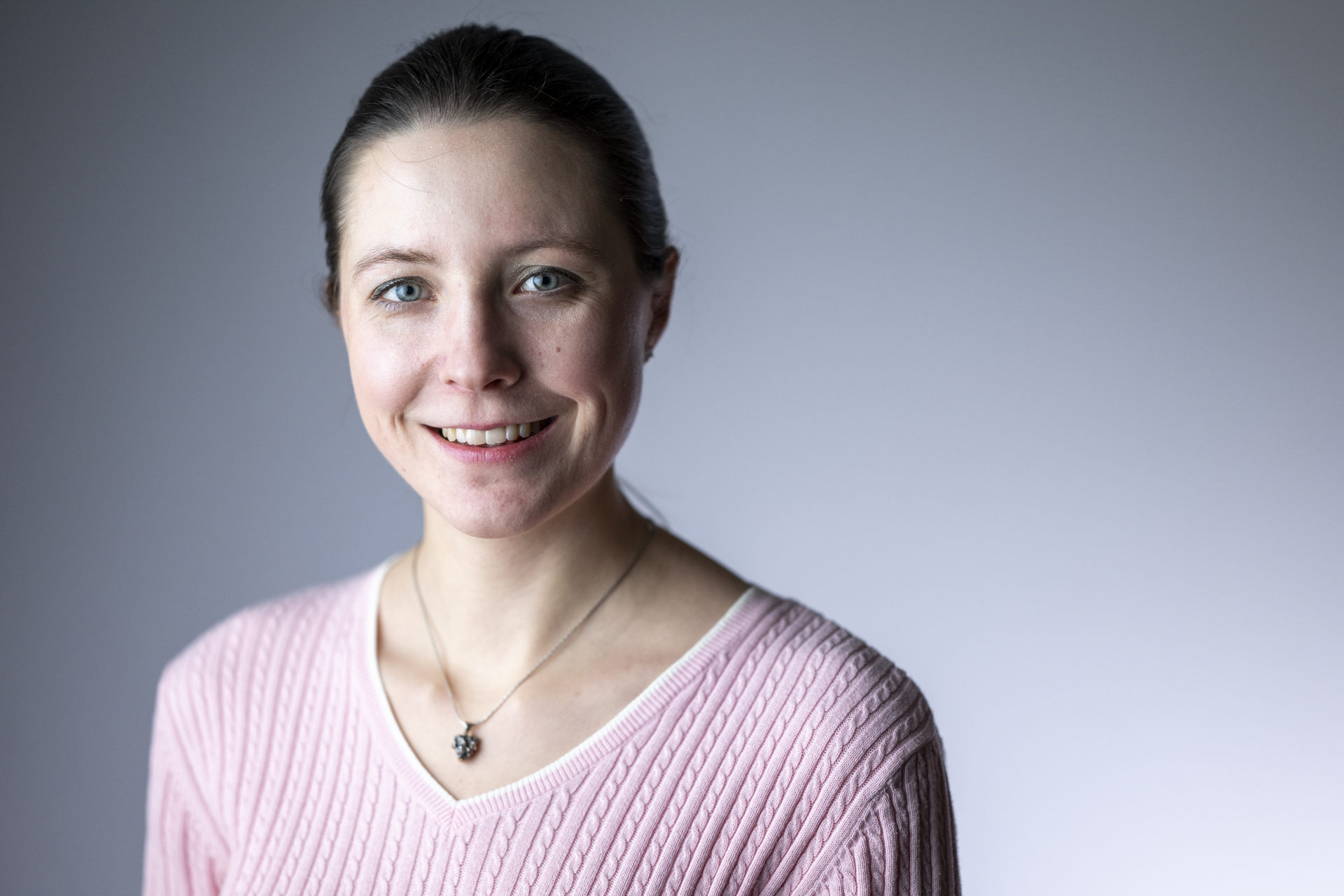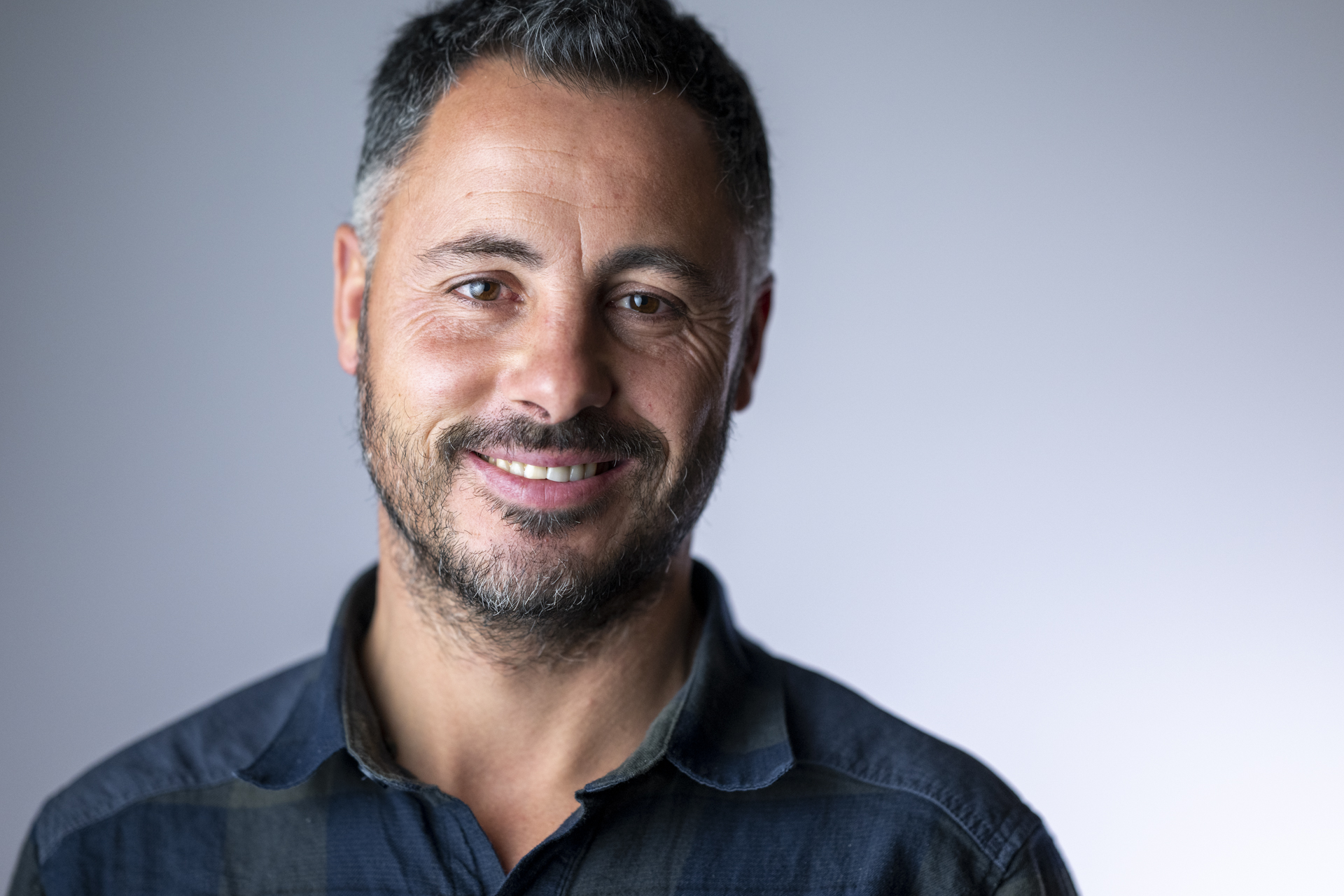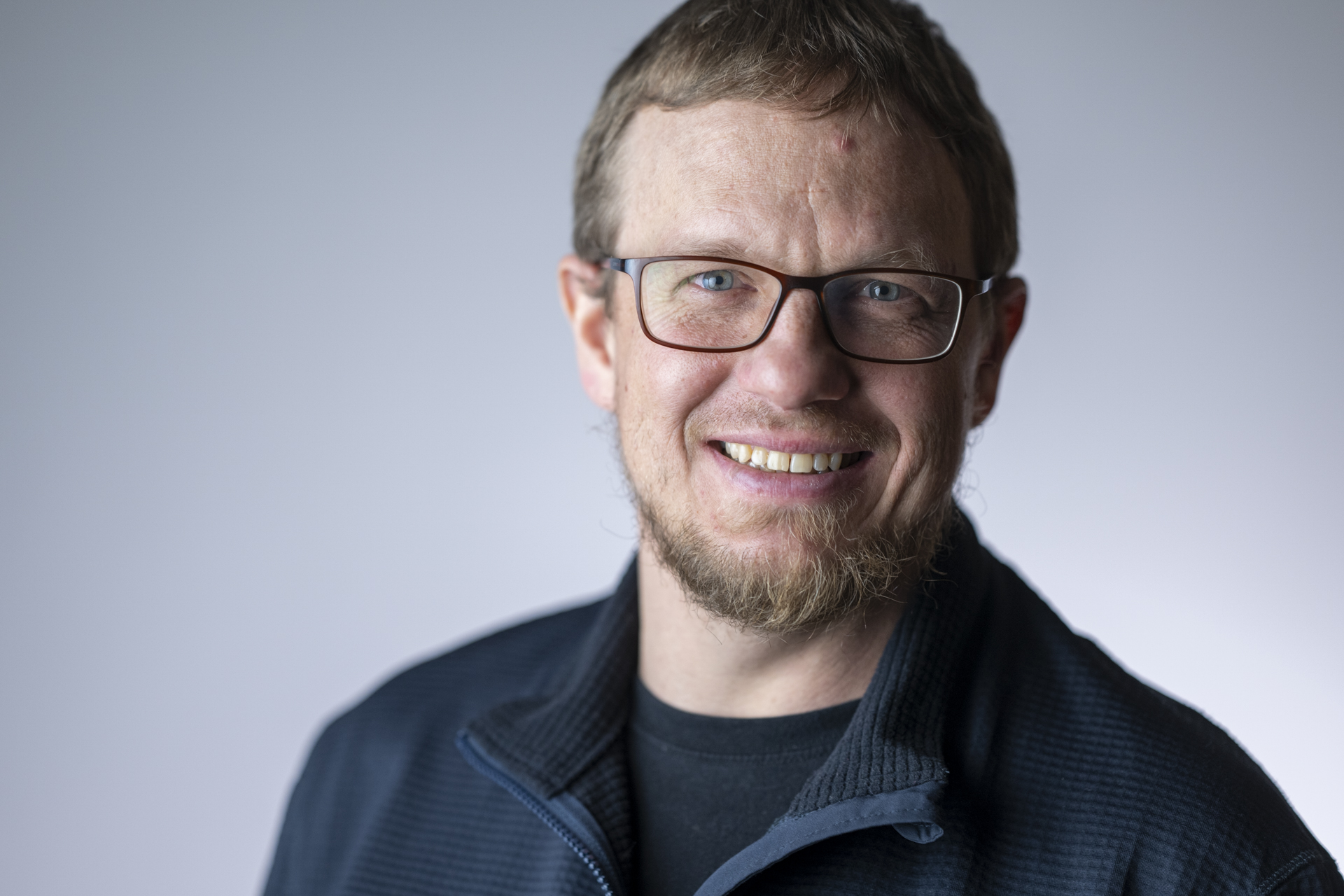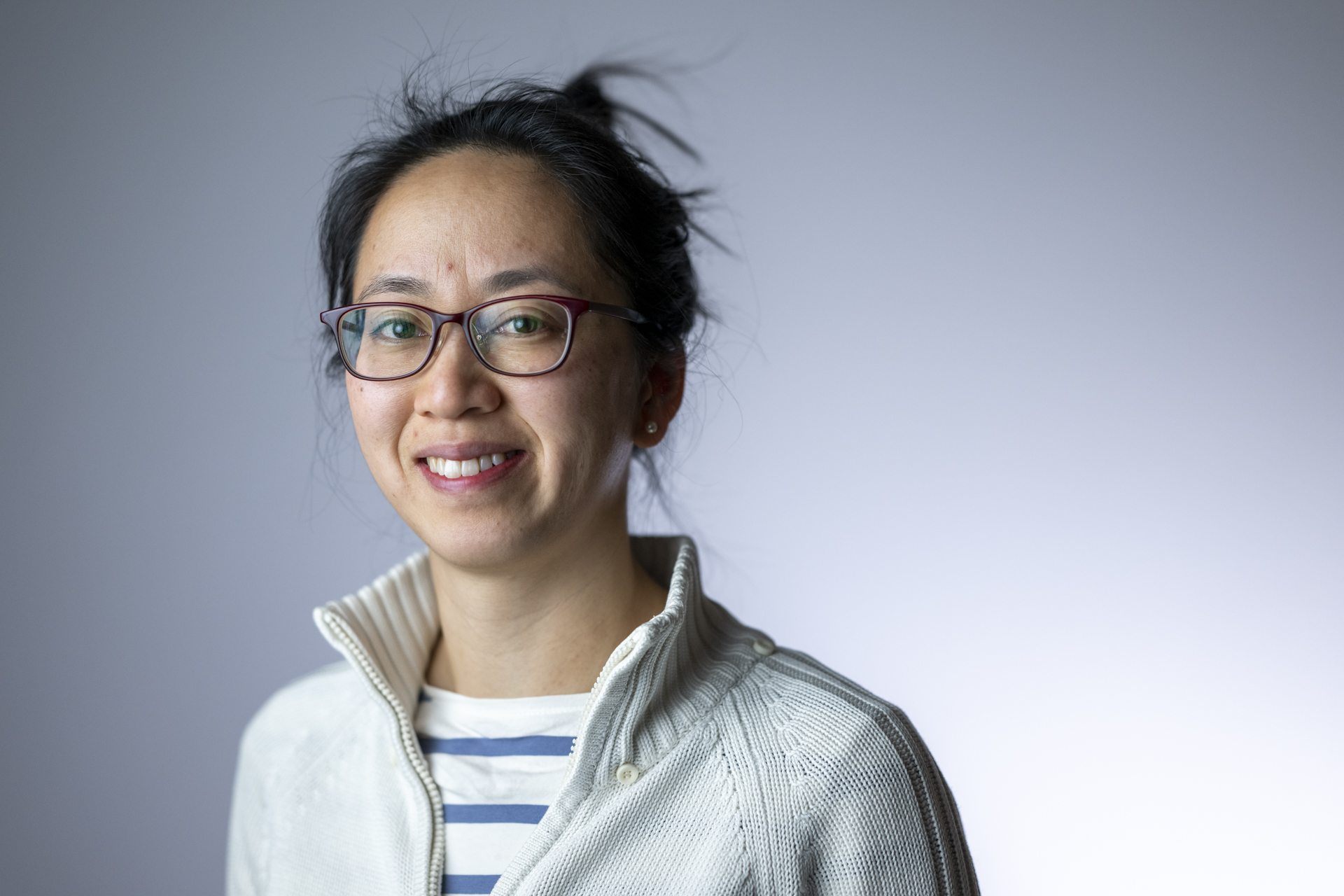Environmental changes on our planet have reached historic proportions both in scale and speed. Owing to the massive decline in biodiversity and climate change, the natural balance has been severely disrupted. Digitalisation, however, is creating technologies and developments to proactively meet these challenges. In particular, the advancing miniaturisation of electronic sensor technology for the creation of large data sets (Big Data) and their analysis by means of artificial intelligence (AI) in quasi-real time are also opening up new solutions for nature conservation science in the monitoring of ecosystems, One Health and human-wildlife conflicts.
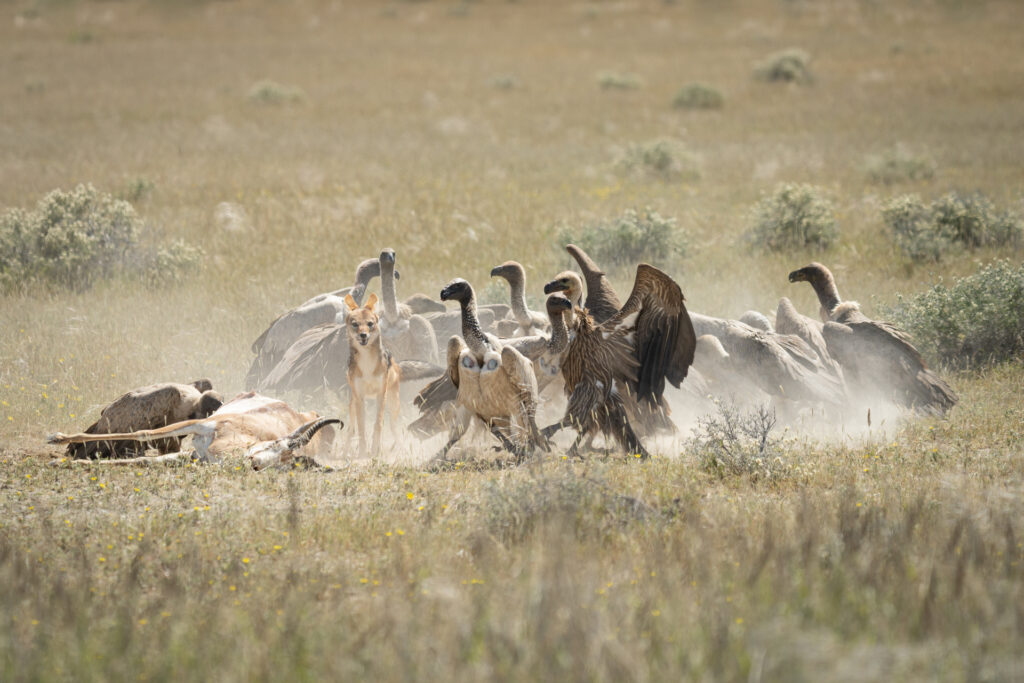
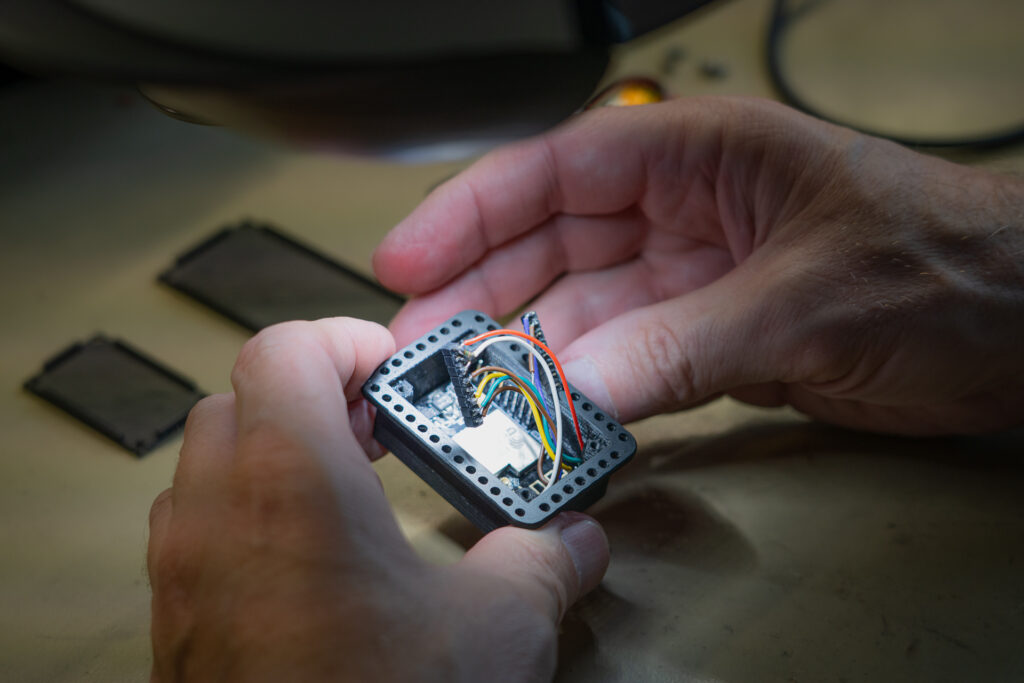
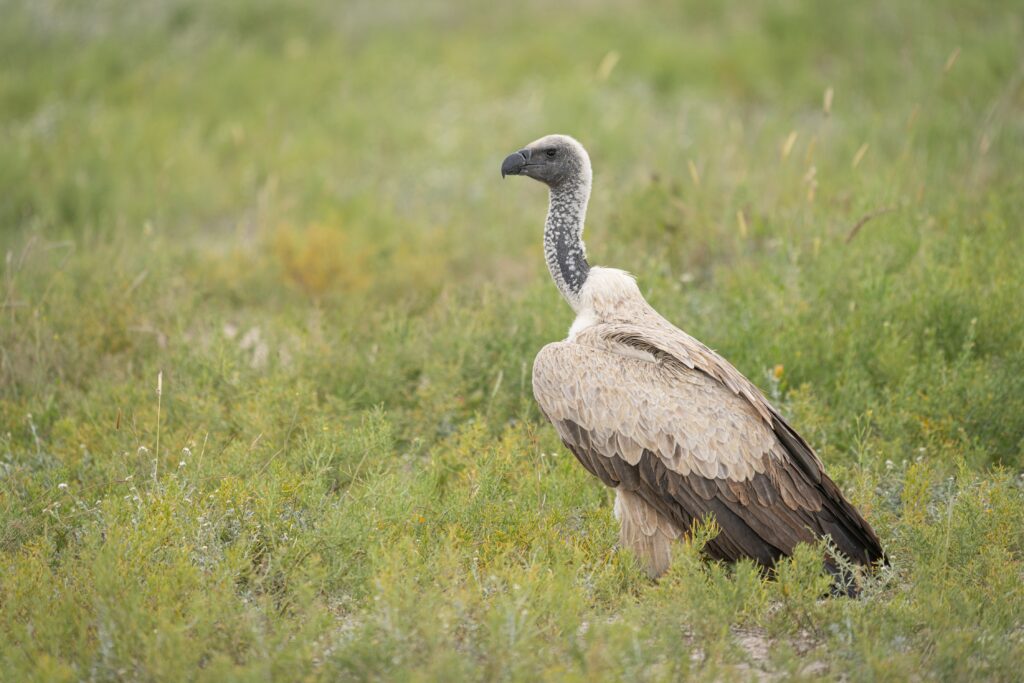
The project “GAIA-Sat-IoT: Guardian of the wild using Artificial Intelligence Applications and Satellite-based IoT Networks”, funded by the German Aerospace Center, is the pivotal research and development project of GAIA. Within this project, the team of the Fraunhofer IIS and Leibniz Institute is doing fundamental work in understanding the biology and ecology of sentinel species such as the white-backed vulture, monitoring animal movement through telemetry and analysing the large amounts of data through artificial intelligence, and designing and developing a generation of animal tags with sensor-based artificial intelligence (AI), a camera, energy-efficient electronics and satellite-based communication technology. The following specific goals will thus be implemented in the funding period from January 2022 to June 2024:
- Equip a sufficiently large number of white-backed vultures in the pilot area of Etosha National Park with GPS transmitters to better understand the spatial behaviour of the animals in the context of the ecosystem;
- Develop new AI-based evaluation algorithms for large amounts of GPS and ACC data incl. development/training of an AI for automatic behavioural classification of vulture behaviour based on the sensor data;
- Develop a prototype of a novel miniaturised animal transmitter that has a camera module, various sensors, a local storage unit, electronics for AI signal processing and image processing/recognition AI, and bases for a high-performance satellite IoT communication module;
- Develop an efficient and sparse AI-based image recognition process that runs directly on the animal tag and automatically recognises specific content or objects, such as a dead zebra, from photos taken by the integrated camera module;
- Prepare the Sat-IoT functionality of the animal tag by developing and adapting important key components such as transmitter nodes and corresponding IoT receivers;
- Implement initial application routines for science-based conservation, such as early detection of wildlife diseases and mitigation of human-wildlife conflicts, in cooperation with environmental management organisations.
The GAIA-Sat-IoT project (joint project “Artificial Intelligence and IoT Technology with Satellite Communication in Species Protection and Wildlife Research”, sub-project “Development of camera tags with sensor-related AI for satellite IoT communication) is funded by the German Federal Ministry for Economic Affairs and Climate Action on the basis of a decision of the German Bundestag.
Consortium Partners: Leibniz Institute for Zoo and Wildlife Research (Leibniz-IZW) & Fraunhofer Institute for Integrated Circuits IIS
Duration: January 1, 2022 – June 30, 2024
Funding code: 50YB2201B
